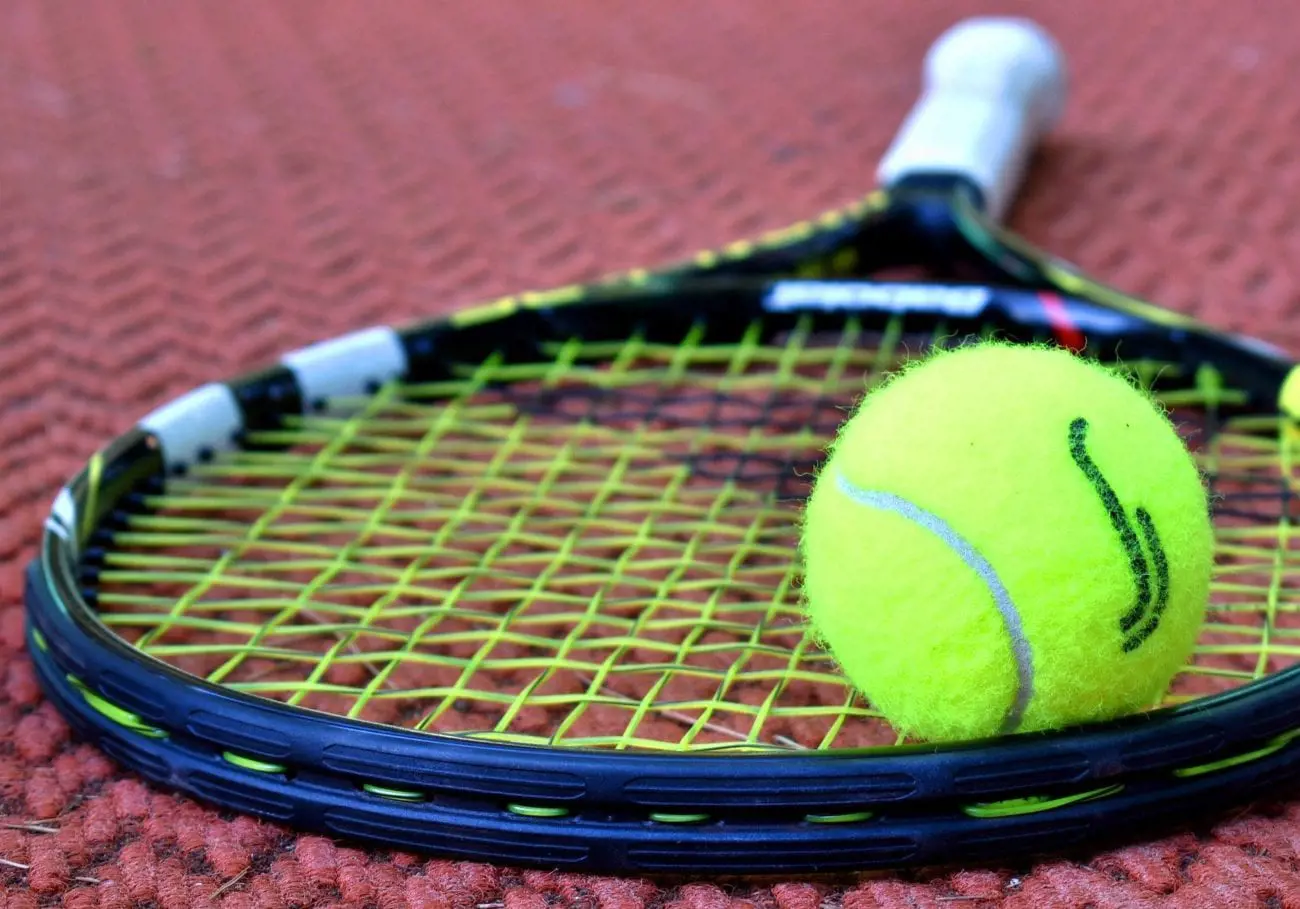Bulgarian tennis pro hit with lifetime match-fixing ban
Bulgarian tennis player Aleksandrina Naydenova, winner of 14 International Tennis Federation (ITF) titles, has been issued with a lifetime ban from the sport after an investigation by the Tennis Integrity Unit (TIU).

The TIU found Naydenova, who had a highest ITF singles ranking of 89 and Women’s Tennis Association (WTA) ranking of 218, was guilty of partaking in match-fixing activity multiple times between 2015 and 2019.
She was also found guilty of failing to cooperate with the TIU investigation and faces a $150,000 (£112,294/€ 126,057) fine alongside the ban.
Anti-corruption hearing officer Richard McLaren heard the disciplinary case and found that Naydenova was responsible for 13 breaches of the Tennis Anti-Corruption Programme (TACP). Of these, 12 related to match-fixing and the remaining breach was for failing to cooperate with the TIU's investigation.
The ensuing sanction ruled that from Friday, 20 November, the player is permanently prohibited from playing in or attending any tennis event authorised or sanctioned by the sport’s governing bodies. She had been provisionally suspended since 27 December 2019, prior to the hearing.
TACP that Naydenova was found guilty of breaching Section D.1.d, which states that: “No covered person shall, directly or indirectly contrive or attempt to contrive the outcome or any other aspect of any event.”
She also breached Section F.2.b/D.2.c, stating that: “All covered persons must co-operate fully with investigations conducted by the TIU including giving evidence at hearings, if requested.”
Earlier this month, two male Bulgarian players, brothers Karen and Yuri Khachatryan, received lifetime and 10-year bans respectively from the TUI after being convicted of several corruption, betting and match-fixing offences.
Also in November, the International Betting Integrity Association (IBIA) reported a 52% year-on-year increase in suspicious betting alerts in the third quarter, with football and tennis accounting for two thirds of cases in the period.
The sports each generated 25 reports, together accounting for 66% of all cases recorded during the third quarter.